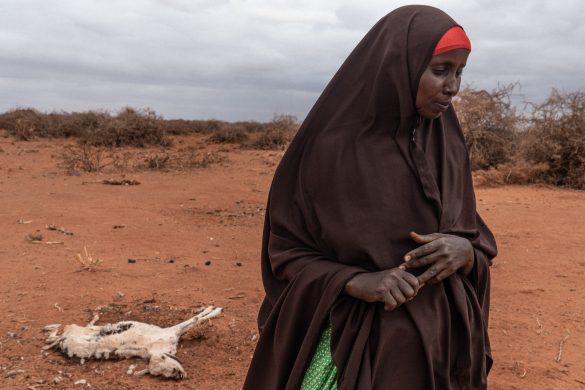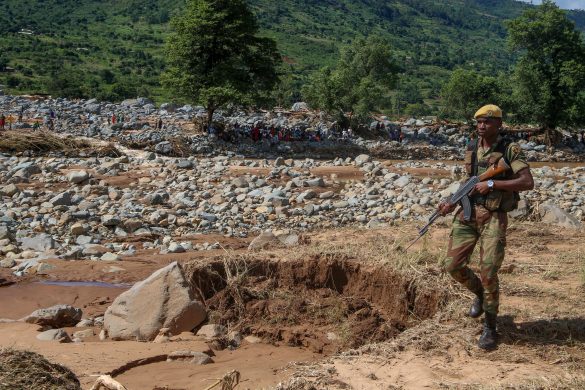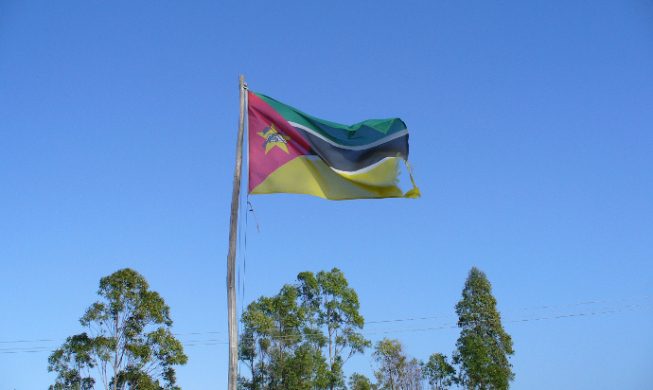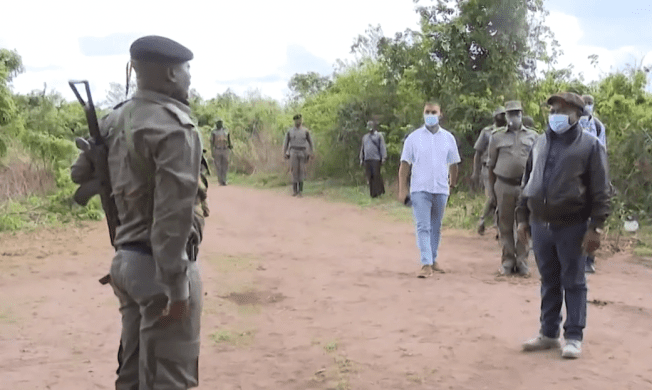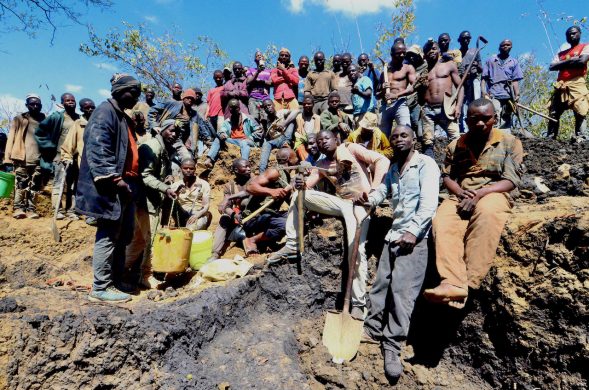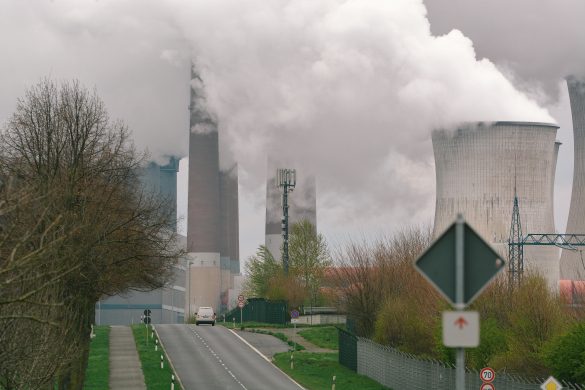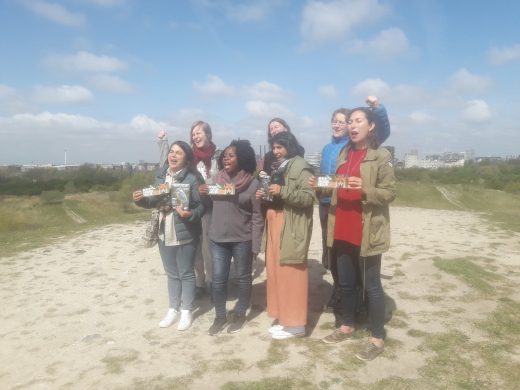Human Rights Watch har netop udgivet en ny rapport, der viser, at de internationale kulmine-selskaber, som ellers skulle være med til at skabe udvikling i Mozambique, tværtimod har gjort det sværere for dele af befolkningen at få adgang til mad, vand og arbejde.
Many of the 1,429 households resettled to make way for Vale and Rio Tinto’s international coal mining operations in Tete province, Mozambique have faced serious disruptions in their access to food, water, and work, Human Rights Watch said in a report released today.
The Mozambican government’s speed in approving mining licenses and inviting billions of dollars in investment has outstripped the creation of adequate safeguards to protect directly affected populations.
The 122-page report, “‘What is a House without Food?’ Mozambique’s Coal Mining Boom and Resettlements,” examines how serious shortcomings in government policy and mining companies’ implementation uprooted largely self-sufficient farming communities and resettled them to arid land far from rivers and markets.
These communities have experienced periods of food insecurity or, when available, dependence on short-term food assistance financed by Vale and Rio Tinto.
“These multi-billion-dollar investments are supposed to drive development in one of the poorest countries in the world, yet they have actually made life harder for many people,” said Nisha Varia, senior researcher at Human Rights Watch.
“Mozambique’s government should work with Vale and Rio Tinto to make sure the resettled farmers have productive land by the next farming season and appropriate and timely compensation for shortcomings in the resettlement process.”
Tete province has an estimated 23 billion tons of mostly untapped coal reserves and is at the early stages of an enormous natural resource boom.
According to 2012 government data, approved mining concessions and exploration licenses cover approximately 3.4 million hectares, or 34 percent of Tete province’s area. Coal mining accounts for roughly one-third of these.
Læs artiklen her:
http://www.hrw.org/node/115802





